243rd meeting
Meeting Program


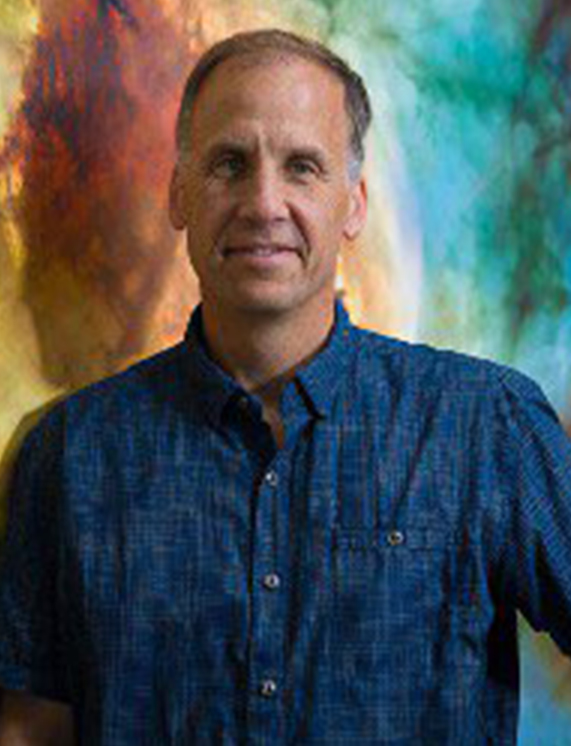
Plenary Speaker
Jamie Bock is a Professor of Physics at the California Institute of Technology and a Senior Research Scientist at NASA’s Jet Propulsion Laboratory. He received the SPIE George W. Goddard Award for instrumentation in 2014, the AAS Joseph Weber Award for Astronomical Instrumentation in 2016, and shared the Gruber Foundation Cosmology Prize at a member of the Planck team in 2018. Bock’s research develops novel detectors and instrumentation, and applies new measurement approaches to fundamental questions in cosmology. He currently studies the polarization of the Cosmic Microwave Background and is the Principal Investigator of the upcoming SPHEREx satellite.
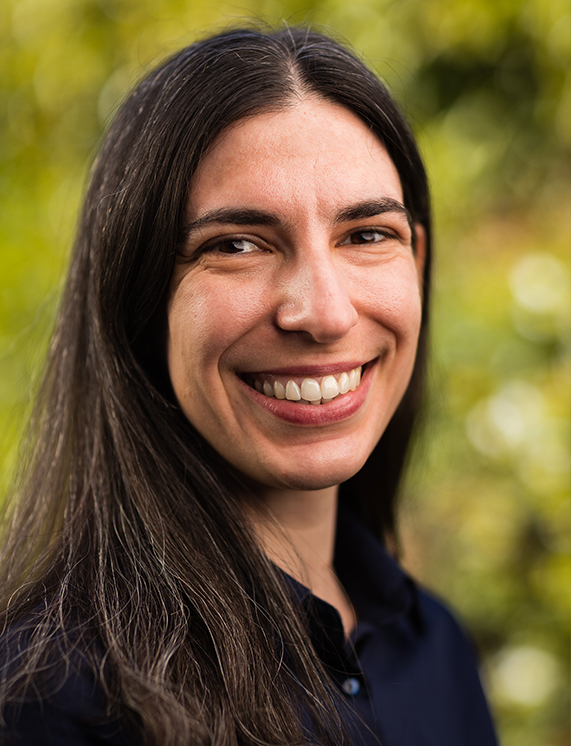
2023 Helen B. Warner Prize for Astronomy
Ana Bonaca is a Staff Scientist at Carnegie Observatories. The central theme of her research program is the Milky Way as a cosmological laboratory, which will be mapped in unprecedented detail over the next decade. She searches for unusual patterns in these new data and interprets them with numerical experimentation to provide physical understanding. Her work aims to place constraints on the nature of dark matter and galaxy formation processes from detailed observations of the Milky Way and the local universe.
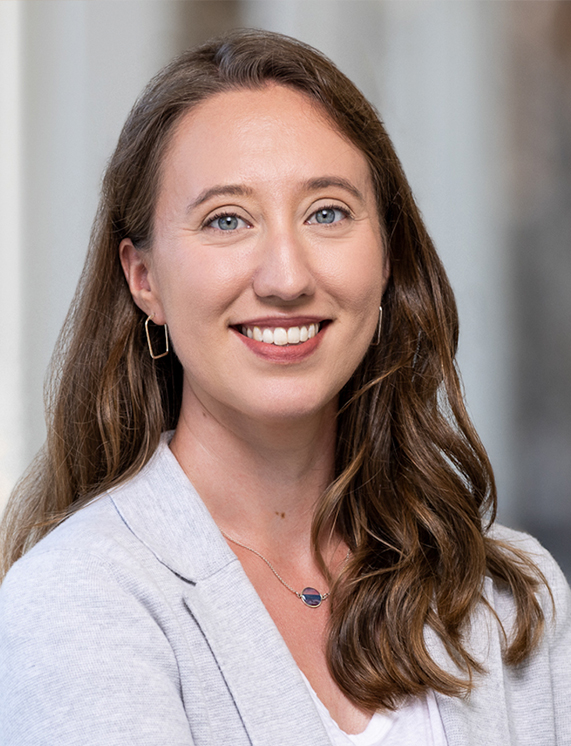
2023 Annie Jump Cannon Award
Marta L. Bryan is an Assistant Professor at the University of Toronto. She employs a wide range of observational techniques to combine detailed characterization of individual extrasolar gas giants with statistical evaluation of system architectures to achieve a deep understanding of planet formation. Bryan's work was recently recognized with the 2023 Annie Jump Cannon Award for her "leadership in observational studies of gas-giant exoplanet formation, evolution, and impact on planetary systems."
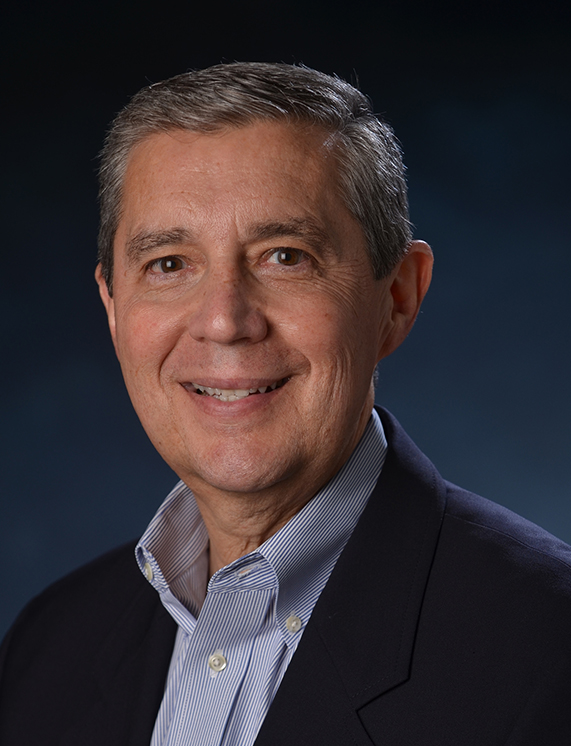
Plenary Speaker
Jack Burns is Professor Emeritus of Astrophysics, Professor Emeritus of Physics, and Vice President Emeritus at the University of Colorado. His research includes extragalactic astronomy and cosmology, space science and space exploration, and science policy. Burns is an elected Fellow of the American Physical Society, the American Association for the Advancement of Science, the American Astronomical Society, and the International Academy of Astronautics. He has received NASA’s Exceptional Public Service Medal and NASA’s Group Achievement Award for Surface Telerobotics. He has served on the NASA Presidential Transition Team and on the NASA Advisory Council as Chair of the Science Committee. Burns was elected as Vice President of the AAS and served as chair of the AAS Committee on Astronomy & Public Policy for nearly a decade.
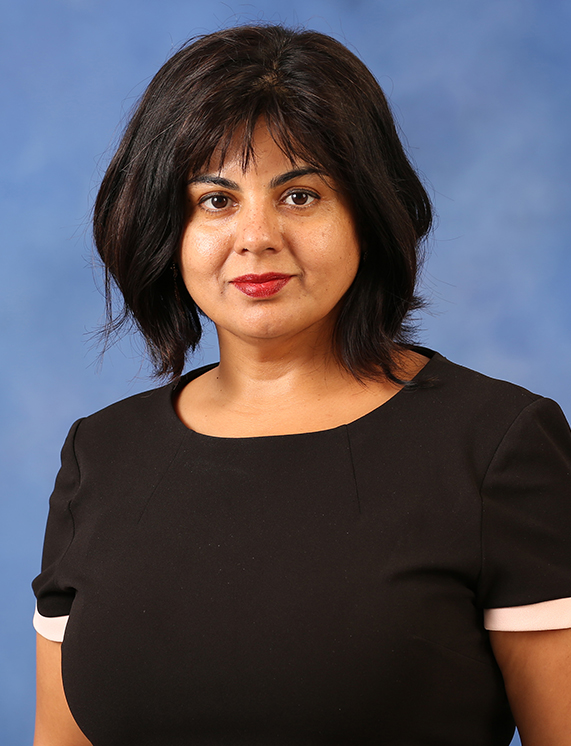
Plenary Speaker
Sukanya Chakrabarti is the Pei-Ling Chan Endowed Chair in the department of physics and astronomy at the University of Alabama Huntsville. She has worked broadly across many areas of astronomy, and recently has led the development of techniques and observing campaigns to directly measure the small accelerations of stars that live within the gravitational potential of the Milky Way, which provide the most direct probe of the mass distribution in the Galaxy. These recent measurements now enable the new, highly interdisciplinary field of “real-time” Galactic dynamics that brings together the exoplanet community, researchers in compact objects and eclipsing binaries, and in traditional Galactic dynamics. She is also a member of the Committee of the Status of Women in Astronomy and the lead for the demographics survey for US astronomers in academic institutions.

Plenary Speaker
Lia Epperson, Professor of Law at American University Washington College of Law, is a nationally recognized expert in the areas of constitutional law, civil rights, and education policy. Published in leading journals, her scholarship centers on the constitutional dialogue between federal courts and the political branches, and its implications for educational equity.
From 2014-2018, Epperson served as Senior Associate Dean for Faculty and Academic Affairs at the law school. In 2018-2019, she was an Institute for Advanced Studies Fellow with the Collegium de Lyon in Lyon, France. Among other international engagements, she has served as a visiting professor and lecturer at University of Navarra, Central European University, and the University of Galway. Professor Epperson has appeared on news outlets including the BBC, CNN, NBC News, CBS, and C-SPAN. She also received the American University Excellence in Teaching Award.
Professor Epperson previously served on the faculties of University of Maryland and Santa Clara University, and as a Senior Fellow at the Center for American Progress. Prior to becoming a law professor, she directed the education law and policy group of the NAACP Legal Defense Fund. While there, she litigated in federal and state courts, advocated for federal administrative and legislative reforms, and co-authored multiple amicus briefs to the U.S. Supreme Court. Epperson began her legal career as a law clerk to the Honorable Timothy K. Lewis of the U.S. Court of Appeals for the Third Circuit and an attorney with Morrison and Foerster.
She received her law degree from Stanford University and her bachelor's degree, magna cum laude, from Harvard University.
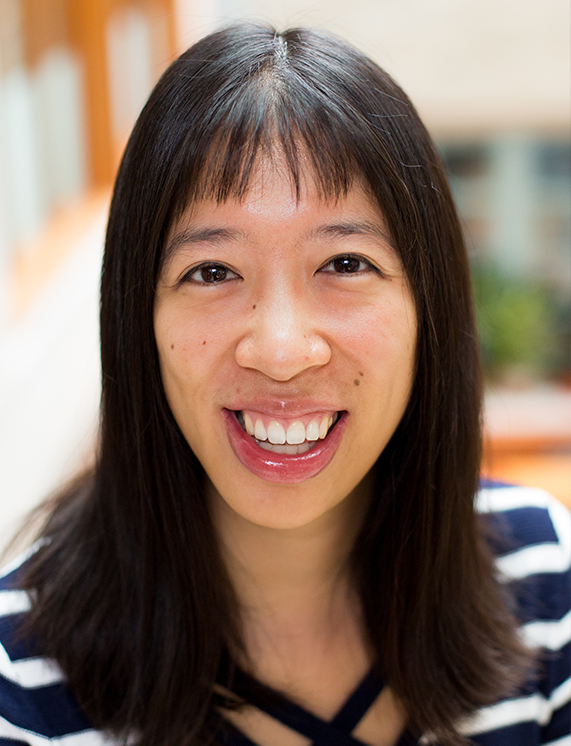
2024 Lancelot M. Berkeley–New York Community Trust Prize for Meritorious Work in Astronomy
Wen-fai Fong is an Associate Professor at Northwestern University, and lead of the Fong Research Group at the Center for Interdisciplinary Exploration and Research in Astrophysics (CIERA). She partners with her research group to characterize the host galaxies of gamma-ray bursts, mobilize the SAGUARO telescope network in Southern Arizona in pursuit of multi-messenger gravitational wave sources, and perform multi-wavelength studies of fast radio bursts to unveil their origins. She takes advantage of all wavelength regimes along the electromagnetic spectrum to piece together the origins and physics behind these explosions. She is especially proud of her role as a mentor and teacher, and is committed to cultivating an inclusive scientific environment.
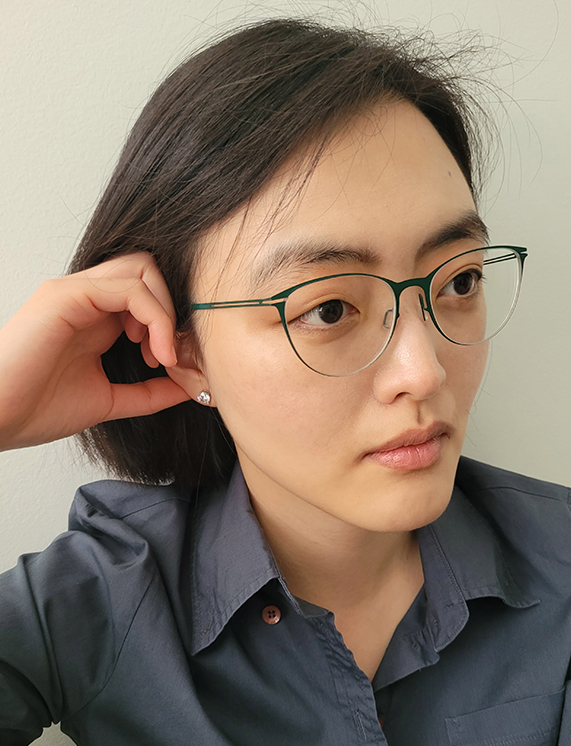
2022 Annie Jump Cannon Award in Astronomy
Eve Lee is an Assistant Professor and William Dawson Scholar in the Department of Physics at McGill University, Montreal, Canada. She received her PhD at UC Berkeley in 2017 and was a Sherman Fairchild Postdoctoral Scholar in Theoretical Physics/Astrophysics at Caltech from 2017 to 2019. At McGill, she leads a theoretical astrophysics group focusing on star and planet formation, with many of her research questions motivated by the observations of exoplanets.
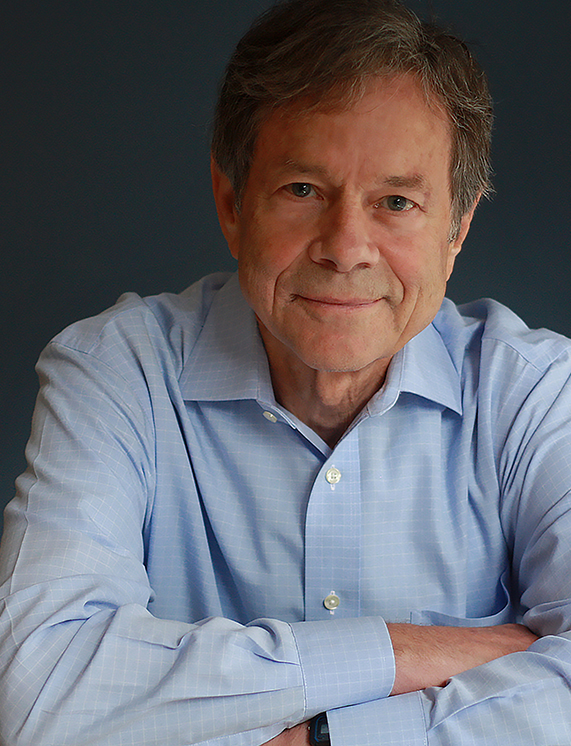
Plenary Speaker
Alan Lightman is an American writer, physicist, and social entrepreneur. He received his PhD in theoretical physics in 1974. Since then, Lightman has done fundamental research on the astrophysics of black holes, astrophysical radiation processes, and stellar dynamics. He is a past chair of the High Energy Division of the American Astronomical Society. Lightman has served on the faculties of Harvard and the Massachusetts Institute of Technology (MIT) and was the first person at MIT to receive dual faculty appointments in science and in the humanities. He is currently professor of the practice of the humanities at MIT. He is the author of numerous books, both nonfiction and fiction, including Einstein’s Dreams, an international bestseller, The Diagnosis, a finalist for the National Book Award in fiction, and Searching for Stars on an Island in Maine, the basis of a three-part public television series titled “SEARCHING: Our Quest for Meaning in the Age of Science,” which premiered in January 2023. Lightman has won numerous awards for his work and has six honorary degrees. He is an elected member of the American Academy of Arts and Sciences.
Photo: Michael Lionstar 2022
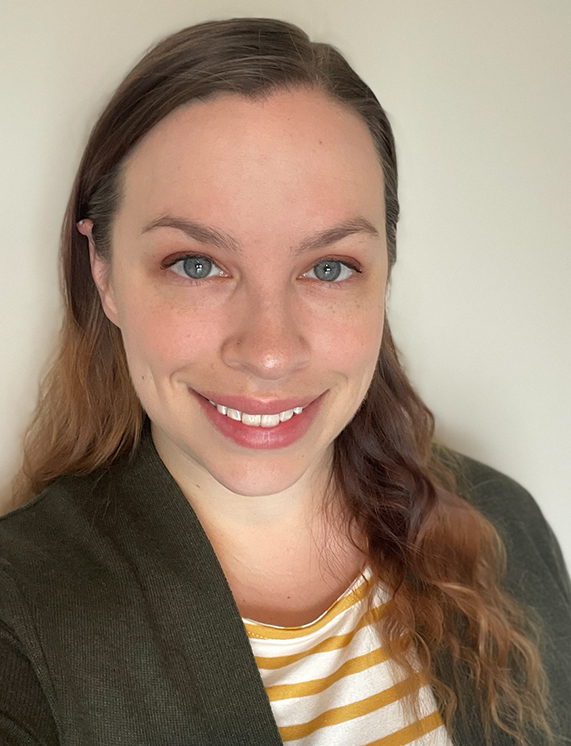
2023 Newton Lacey Pierce Prize in Astronomy
Renee Ludlam is an assistant professor in the Department of Physics and Astronomy at Wayne State University in Detroit, Michigan. She received her PhD in Astronomy and Astrophysics from the University of Michigan in 2019 for her dissertation work titled “A Hard Look at Accretion Around Neutron Stars”, which was awarded the 2021 AAS High-Energy Astrophysics Division’s Dissertation Prize. She spent her postdoctoral years at the California Institute of Technology as an NHFP - Einstein fellow from 2019 - 2022. Ludlam's pioneering work leverages reprocessed X-ray emission from the innermost regions of the accretion disk to place limits on the radii of neutron stars that are complementary and independent to other state-of-the-art methods, as well as determine key properties of the accretion flow itself.

2022 Helen B. Warner Prize for Astronomy
Brett McGuire is an Assistant Professor of Chemistry at MIT. His primary interest is astrochemistry and the study of molecules in space: where they are, how they got there, and what they're doing. Research in his group uses the tools of physical chemistry, molecular spectroscopy, and observational astrophysics to understand how the chemical ingredients for life evolve with and help shape the formation of stars and planets.
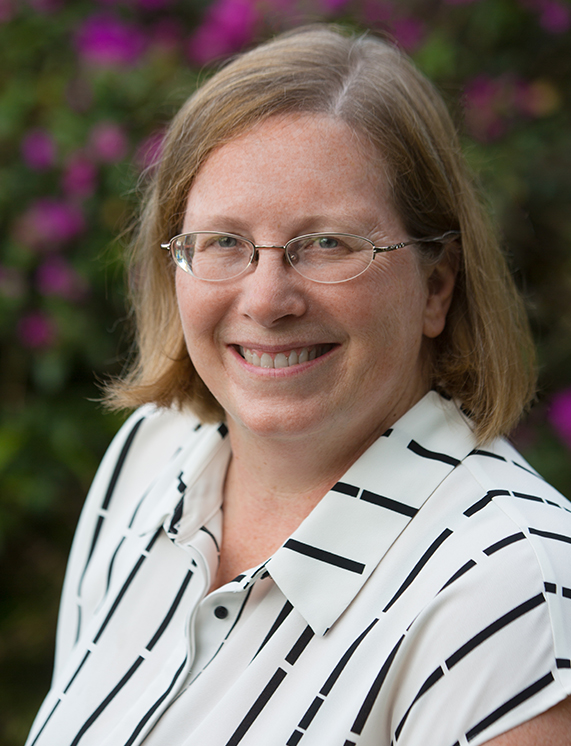
2023 Dannie Heineman Prize for Astrophysics
Karen Meech is an astronomer/astrobiologist at the University of Hawai’i’s Institute for Astronomy who investigates how habitable worlds form. Her discoveries in small-body solar system science provide information to test our understanding of how planetary systems are assembled. With the discovery of interstellar objects, this now extends to exoplanetary systems. She uses the power of interdisciplinary science to address fundamental questions about how Earth got its water. She was Co-Investigator on three comet missions: Deep Impact, EPOXI and Stardust-NExT. The Dannie Heineman Prize recognizes her pioneering work expanding and pushing boundaries in the field of small-body solar-system observational science, and for her transformative contributions that have shaped the broader field of planetary science.
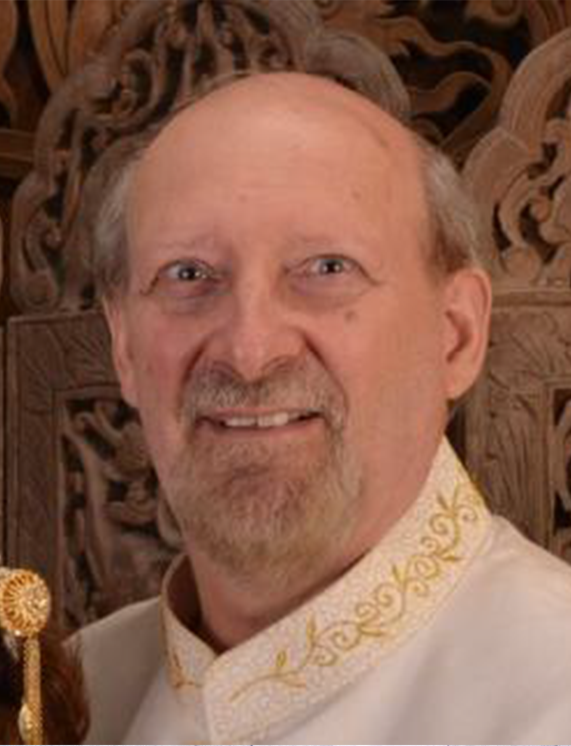
2024 LeRoy E. Doggett Prize
Wayne Orchiston is currently on the faculty of the University of Science and Technology of China. He is also an Adjunct Professor in the Centre for Astrophysics, University of Southern Queensland, Toowoomba, Queensland, Australia where he supervises doctoral students in the History of Astronomy.
Dr. Orchiston began his career as a Technical Assistant in the Division of Radiophysics at the Commonwealth Scientific and Industrial Research Organization (CSIRO) in Sydney, Australia in 1961. Concurrently, as a part time student, he earned a First Class B.A. Honours degree, was awarded the University Medal, and went on to complete a Ph.D. in environmental prehistory at the University of Sydney. In 1973 he accepted a post-doctoral position in Prehistory and Ethnohistory at the University of Melbourne, which signaled his intense passion for the history of astronomy and, especially, ethnoastronomy. For example, at James Cook University in Townsville, Queensland, Australia, Dr. Orchiston launched the world’s first part-time off-campus History of Astronomy doctoral program. Since then, Dr. Orchiston has held a series of academic and professional society positions with increasing focus on the international aspects of astronomical history.
Dr. Orchiston is a prolific writer, with more than 500 astronomy publications, including 15 books between 1998 and 2021. Many of these have become the standard reference works for the astronomical histories of New Zealand, Australia, Southeast Asia and Asia. He has also authored important reviews of the history of radio astronomy in Australia, India, Japan and New Zealand.

Plenary Speaker
Karin Sandstrom is an Associate Professor in the Department of Astronomy & Astrophysics at UC San Diego. Her main research interests are focused on observational characterization of the interstellar medium and star formation in nearby galaxies. In particular, she studies the life cycle of interstellar dust and polycyclic aromatic hydrocarbons. Currently, she is co-PI two Cycle 2 JWST Treasury programs, one focused on the galaxy M51 and another observing 55 galaxies from the Physics at High Angular Resolution in Nearby Galaxies survey (PHANGS).
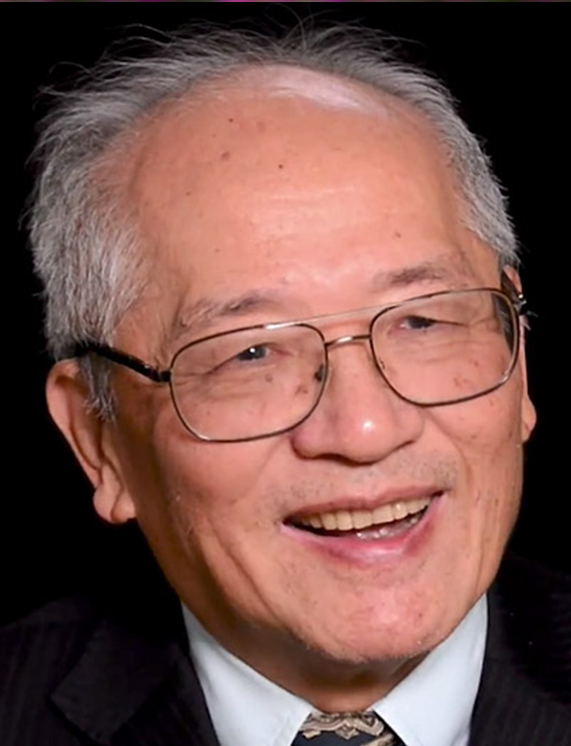
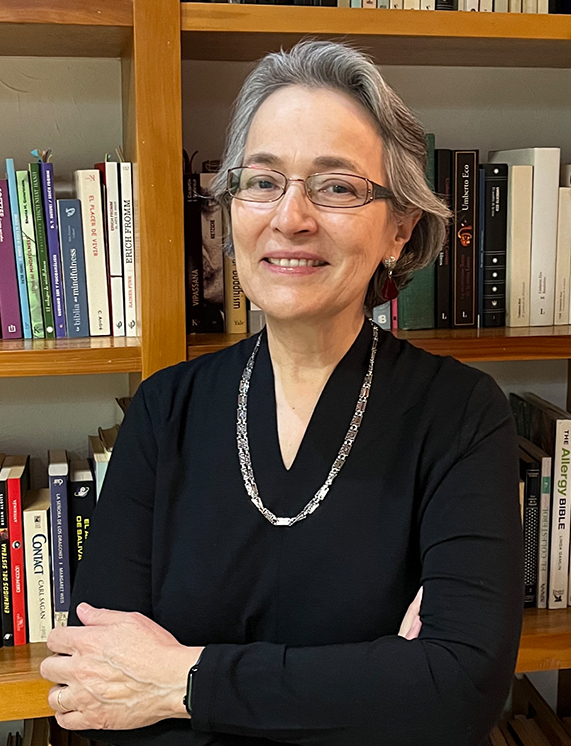
Henry Norris Russell Lectureship
In honor of Frank Shu (1943-2023), delivered by Susana Lizano
The 2023 Henry Norris Russell Lectureship, celebrating a career of eminence in astronomical research, was awarded to Frank Shu (University of California, Berkeley, and University of California, San Diego) for his seminal contributions to theoretical astrophysics, from the formation of stars and planetary systems to the structure of disk galaxies; for his sustained leadership in the global astronomical community; and for his elegant textbooks that have influenced generations of astronomers.
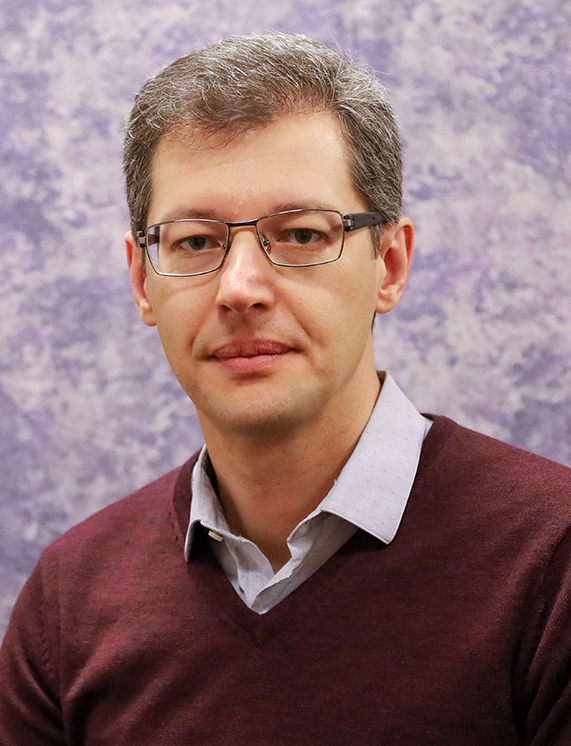
2023 HEAD Bruno Rossi Prize
Anatoly Spitkovsky is a Professor of Astrophysical Sciences at Princeton University. His research interests are in theoretical high-energy astrophysics. He uses kinetic numerical simulations of astrophysical plasmas to understand the structure of neutron star magnetospheres and the origin of nonthermal particles in the cosmos. He is the recipient of 2023 HEAD Rossi Prize for “pioneering numerical simulations of collisionless shocks, particle acceleration by shocks and magnetic reconnection, and pulsar magnetospheres and their electromagnetic radiation.” He is a Fellow of the American Physical Society and a Simons Foundation Investigator in Theoretical Physics.
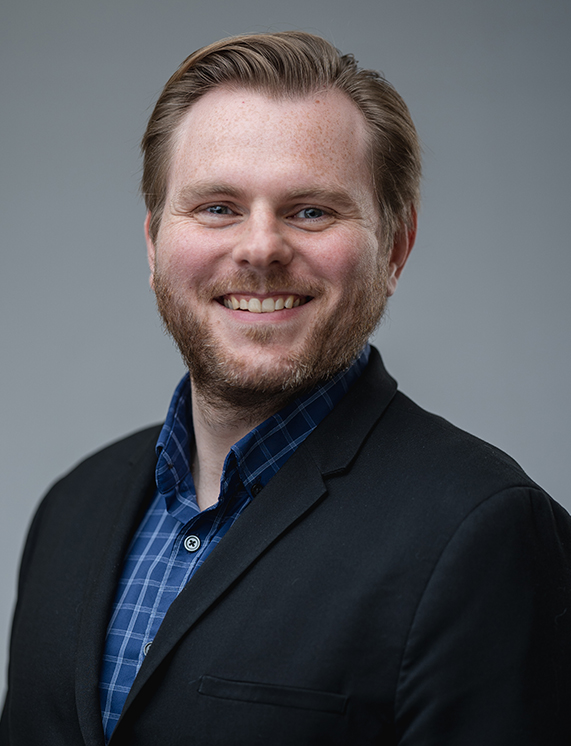
Fred Kavli Plenary Lecture
Stephen Taylor is originally from Northern Ireland. He is a first-generation college student, with an undergraduate degree in Physics from the University of Oxford, and a PhD from the University of Cambridge, where he worked on gravitational-wave astrophysics at the Institute of Astronomy. After this he was awarded a NASA Postdoctoral Fellowship at the Jet Propulsion Laboratory, followed by a NANOGrav Senior Postdoctoral Fellowship at Caltech. He joined the faculty of Vanderbilt University in 2019. He has pioneered many of the statistical analysis techniques that pulsar-timing array gravitational-wave searches now employ. He recently co-led NANOGrav’s 15-yr analysis campaign that resulted in evidence for a background of gravitational waves, and currently serves as Chair of the NANOGrav Collaboration.









